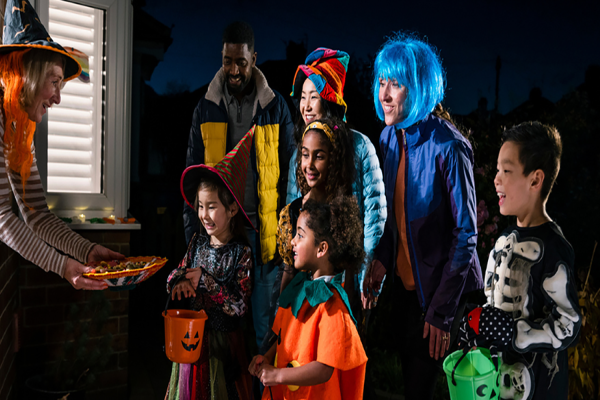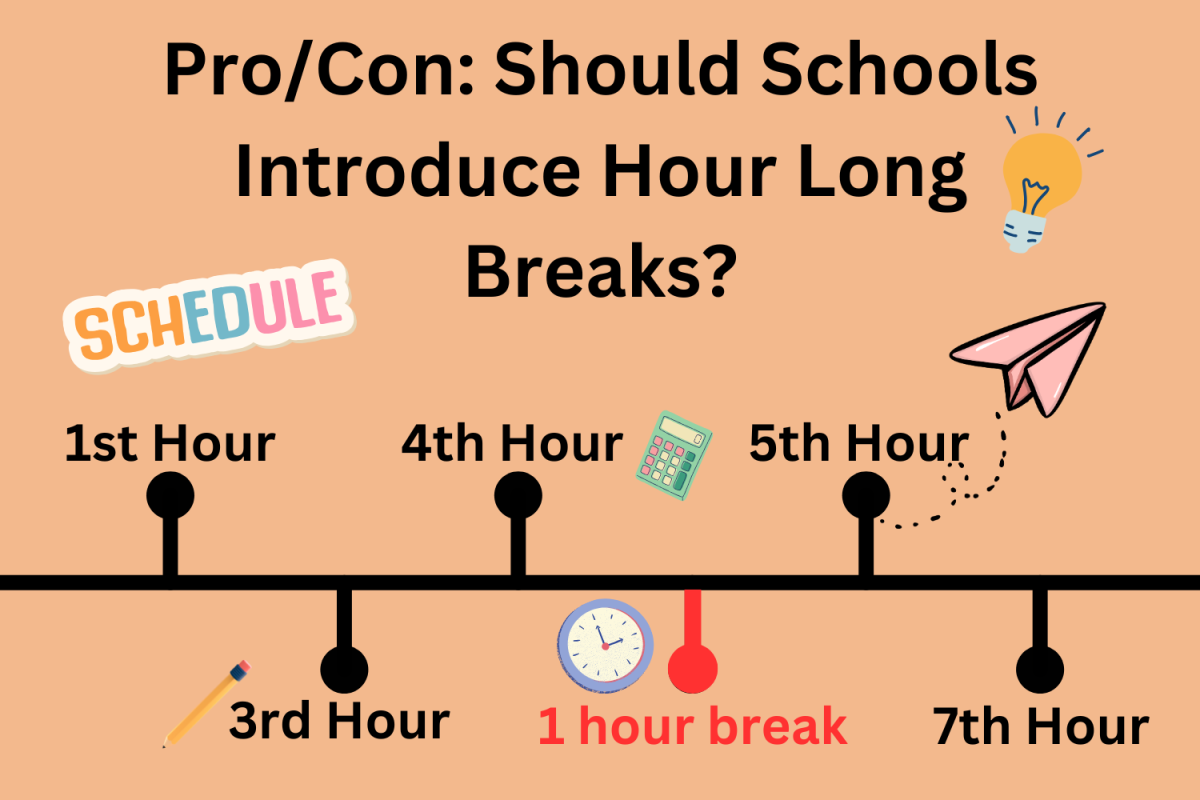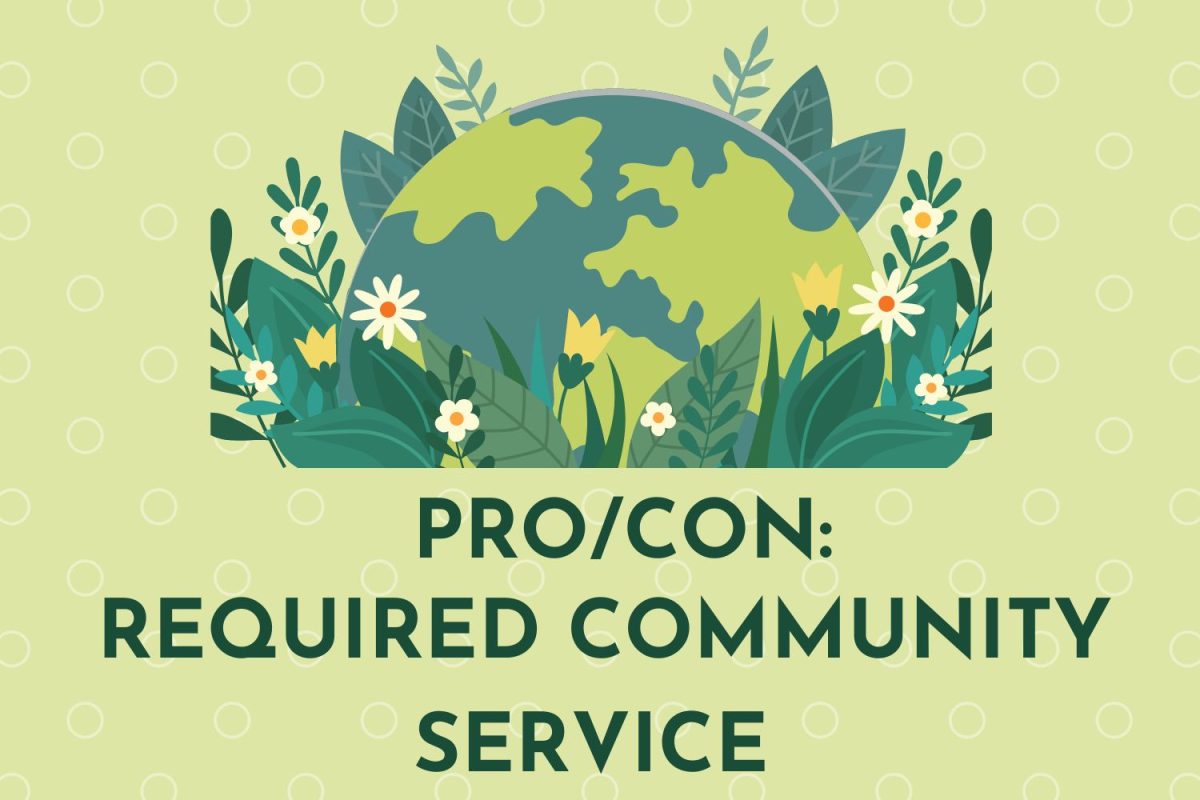Pro:
When Halloween comes around each year, one of the more common activities people participate in is trick-or-treating. That can include dressing up in a costume and going door-to-door collecting candy. Trick-or-treating is an activity for all ages. It can be an exciting activity whether you are a child, adult, or teenager.
“Those who choose to continue trick or treating after many of their similarly-aged peers have stopped will likely experience feelings of isolation and a push to give up the activity,” The Behavioral Health Clinic said. “Even if they may not want to.”
The Behavioral Health Clinic shows how many adults and teenagers may feel as though because their peers around them have stopped trick-or-treating, they also have to stop. People may feel pressured to stop doing an activity they love and look forward to each year because they feel they are expected to.
“There’s no real reason to push them towards stopping unless they want to,” The Behavioral Clinic said. “The last thing you may want as a parent or guardian is for your child to grow up even faster than they already are.
Additionally, if someone pushes their child to stop trick-or-treating before they are ready to, it may result in the child feeling as though they have to grow up faster and get rid of an important part of their childhood. People should not be forced or expected to stop trick-or-treating because it is not deemed fit for a person of that age.
In conclusion, trick-or-treating is an activity that anyone of any age can take part in. Anyone should be able to participate in this activity regardless of their age. If they enjoy doing this then let them have their fill of trick-or-treating for as long as they would like. The standards of stopping somewhere in your teenage years should not be implemented on people if this is what they enjoy doing on Halloween night.

Con:
Trick-or-treating is a fun tradition taking place on October 31, the night of Halloween. However, there is a debate that resurfaces yearly about whether or not there should be an age limit for trick-or-treating. Eyewitness News says, “According to a new poll from Farleigh Dickinson University, Americans say kids should stop trick-or-treating when they’re 13 and a half years old.” According to this site, 13 is the average age that kids stop trick-or-treating. This seems entirely reasonable because trick-or-treating is typically a tradition for younger children and having copious amounts of teenagers taking all of the candy is a good way to ruin the fun holiday for the children.
In addition to making the holiday less exciting for children, it can be worsened for the parents as well. Scripps News states, “Cities in New Jersey, Georgia and other states have their own Halloween laws: some strict and sometimes shocking, and others that touch on possibly trying to prevent problems and preserve the tradition for young kids and the parents that chaperone them.” The parents already have a difficult time trying to keep their young children from running off or getting into trouble and having a crowd of numerous rowdy teenagers can make it so much more difficult for parents of younger children to also enjoy the night. Having these laws and age limits to trick-or-treating is a great way to prevent the struggle and dislikage to this exciting holiday, and for everyone to have a good time. There are many alternatives for older kids to have fun on Halloween night instead of trick-or-treating, and they offer a smaller chance of ruining the spooky celebration for others.















